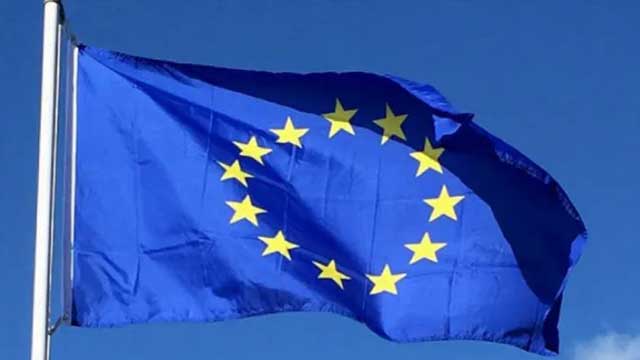European Union in its final report released on Friday said that overall, the 2024 parliamentary election in Bangladesh did not meet some key international standards for democratic elections.
‘Civil and political rights, including the freedoms of assembly, association, movement, and speech essential for inclusive and competitive elections, were restricted,’ it said, adding that opposition political parties’ activities were severely limited by judicial proceedings and mass arrests.
‘Voters did not have the opportunity to fully exercise their democratic right to vote for a diverse range of candidates following a decision by the main opposition party to boycott the elections,’ said the EU election expert mission report on the January 7 general election in Bangladesh, boycotted by major oppositions, including Bangladesh Nationalist Party.
‘Seat-sharing agreements between participating political parties, as well as the Awami League engineering a system of internal competition between its own official candidates and ‘independent candidates’ affiliated with this party, did not offer voters genuine freedom of choice. The environment for media and civil society was also not conducive to guaranteeing freedom of speech and further limited critical public debate and transparency,’ it said.
The Bangladesh Awami League party, led by the prime minister, Sheikh Hasina, took over a fourth consecutive term in office through the polls.
‘These elections were conducted in a highly polarised political environment. There was a lack of genuine competition with the Bangladesh Nationalist Party and its alliance partners boycotting the election, as their demands for the government to resign and the establishment of a caretaker system of interim government to oversee the election were rejected as unconstitutional,’ the report observed.
In the pre-election period, as part of a series of opposition demonstrations, a large protest march on October 28, 2023, resulted in serious violence, it said.
Subsequently, the civil and political rights environment deteriorated significantly with mass arrests and detention of BNP and alliance party leaders and thousands of supporters. This has severely restricted the exercise of the freedoms of assembly, association, movement, and speech of opposition parties throughout the election period. With nearly all of the senior leadership incarcerated or evading arrest, the BNP’s ability to carry out any political activities was limited by criminal cases pursued in the courts.
These moves were widely perceived as part of a strategy to instrumentalise criminal charges in order to prevent any challenges to the electoral process, it said.





